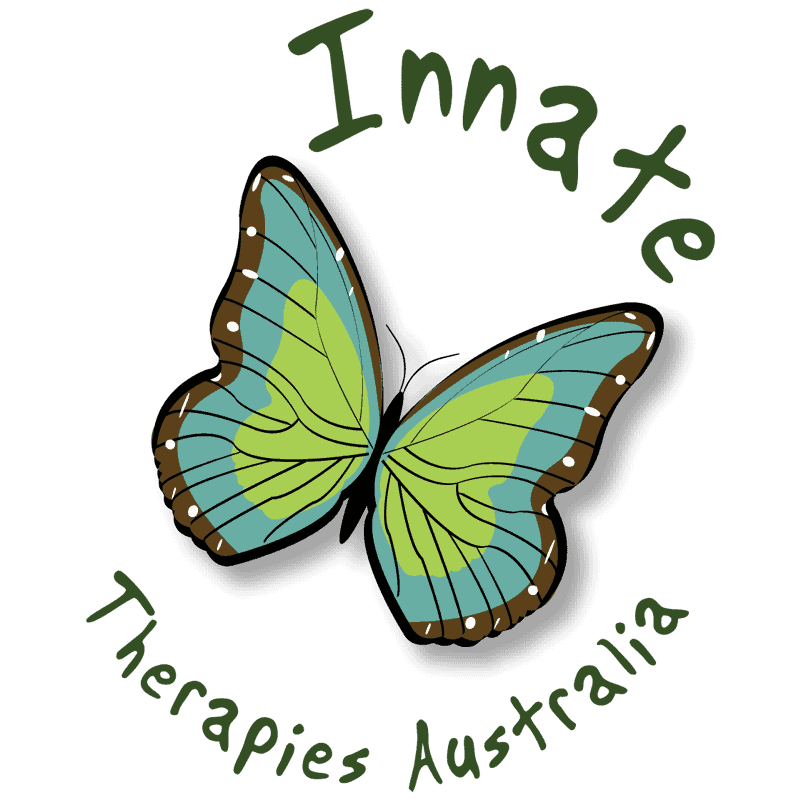A Parent's Guide
As parents, we strive to give our children the best opportunities in life, preparing them for a successful and fulfilling future. Teaching life skills to kids is important, alongside academics and extracurricular activities. These skills empower them to navigate real-world challenges, become independent, and build resilience.
Importance of imparting practical life skills to children
Building Independence and Confidence
Teaching practical life skills equips children with the tools they need to be self-reliant and confident. As children do things by themselves, like tying shoes, making a snack, or organizing school stuff, they feel proud and accomplished. This newfound confidence fosters a positive self-image, helping them tackle more complex challenges with determination.
Real-World Problem Solving
People encounter unexpected situations in life that demand problem-solving abilities. By teaching kids practical life skills, parents provide them with a solid foundation for tackling everyday problems. Children learn problem-solving skills and creative thinking when they encounter challenges. These challenges can be as simple as a small task or as complex as finding their way home.
Developing Responsibility
Practical life skills instill a sense of responsibility in children. Children learn about working together and making a positive impact when they help with chores. These chores include setting the table, doing laundry, and taking care of a pet. This responsibility mindset extends beyond the home and into their academic and social lives, making them more dependable individuals.
Enhancing Social and Communication Skills
Many practical life skills involve interaction with others, such as greeting neighbors, speaking with teachers, or collaborating on group projects. Through these activities, children develop essential social and communication skills. Learning to listen, speak clearly, and have respectful conversations leads to better relationships and future success in careers.
Nurturing Financial Literacy
Financial literacy is a crucial life skill often overlooked in traditional education. By teaching children about money management, budgeting, and saving, parents empower them to make informed financial decisions in the future. This knowledge helps children differentiate between needs and wants and develop responsible spending habits.
Promoting Health and Safety
Practical life skills include cooking healthy food, basic first aid, and knowing emergency contacts for safety. Teaching children about these subjects helps them learn how to care for themselves and others. This knowledge enables them to handle health situations and emergencies more effectively.
Time Management and Organization
Time management and organization are vital skills for success in any area of life. Parents support their children in school by teaching them important skills such as time management and organization. This assistance not only helps children succeed academically but also reduces their stress levels.
By instilling these habits early on, parents can empower their children to become more independent and responsible individuals. These skills also foster a sense of discipline and punctuality.
Fostering Creativity and Resourcefulness
Encouraging kids to engage in DIY projects, arts and crafts, or simple repairs at home fosters creativity and resourcefulness. Kids who learn to make, repair, or reuse things on their own develop a creative and solution-oriented mindset. This mindset can benefit them in various areas of life.
Instilling Empathy and Compassion
Practical life skills also extend to caring for others, including empathy and compassion. Teaching kids to help those in need, such as volunteering at local shelters or assisting elderly neighbors, cultivates a sense of empathy and an understanding of the world beyond themselves.
Incorporating Practical Life Skills into Daily Routine
As parents, integrating practical life skills into our children’s daily routine doesn’t have to be a daunting task. Here are some practical tips to make this process enjoyable and effective:
Age-Appropriate Tasks: Start with age-appropriate tasks and gradually increase the complexity as your child grows. This ensures they can handle the responsibilities and build confidence along the way.
Lead by Example: Children learn by observing their parents. Be a role model for the skills you want them to develop, whether it’s cooking, organizing, or managing finances.
Make Learning Fun: Turn practical life skill lessons into enjoyable activities. For instance, involve them in cooking their favorite dish or creating a DIY project together.
Patience and Encouragement: Be patient and encouraging. Mistakes are part of the learning process, and positive reinforcement helps build their self-esteem.
Set Realistic Goals: Set achievable goals and celebrate their accomplishments, no matter how small. This motivates them to continue learning and improving.
With the wisdom garnered from a lifetime of experiences, grandparents offer guidance and counsel in the face of challenging decisions. Their insights and advice help children navigate life’s complexities while encouraging independence and critical thinking.
How Innate Therapies will help your Child
At Innate Therapies, we are dedicated to nurturing the potential of every child and empowering them with essential life skills that will serve as building blocks for their future success. We teach life skills in a unique way.
Our methods go beyond traditional methods. We give each child personalized attention and support. Their individual needs and stage of development determine this.

Individualized Assessment: We believe that every child is unique, with distinct strengths and areas for growth. Before designing our practical life skills program, we conduct thorough individualized assessments to understand each child’s strengths, challenges, and specific requirements. This comprehensive evaluation allows us to create personalized learning plans that cater to their specific needs, maximizing their progress and potential.
Playful Learning Environment: Learning should be fun, engaging, and inspiring for children. We conduct our therapies in a playful and supportive environment that encourages exploration and curiosity. Children learn important life skills and enjoy learning through games, role-playing, and creative activities.
Skill Progression: Our practical life skills program follows a carefully structured progression, allowing children to develop their abilities step by step. We help children learn important skills like tying shoelaces, organizing things, budgeting, and making decisions. We make sure they have a strong base before facing harder tasks.
Real-Life Simulations: To make the learning experience as authentic as possible, we incorporate real-life simulations into our teachings. Children engage in practical scenarios that mirror everyday situations, enabling them to apply their skills in a safe and supportive setting. This approach helps build their confidence and prepares them to handle similar situations outside of the therapy environment.
Hands-On Learning: We firmly believe that children learn best through hands-on experiences. Our therapists actively involve children in age-appropriate tasks, such as meal preparation, household chores, and DIY projects. By actively participating in these activities, children develop practical life skills while also improving their motor skills and coordination.
Building Confidence and Independence: Our ultimate goal is to help children build confidence and independence in their abilities. We teach life skills to give them confidence and help them overcome challenges. Children gain confidence and a positive view of themselves as they learn to do things on their own.
Innate Therapies - Play Therapy - Art Therapy
As Innate Therapies, we take great pride in our commitment to teaching practical life skills to children in a fun, supportive, and individualized manner. We assist children in developing confidence and resilience in the real world. We achieve this through personalized assessments, fun learning environments, and real-life simulations.
We collaborate with parents and caregivers to teach children skills in therapy that they can apply in their daily lives. This enables them to achieve their maximum potential and thrive in all aspects of life. Play based learning and practical life activities help your child develop critical thinking skills.
With our holistic development approach, we believe that every child has the innate capacity to blossom into a capable, independent, and confident individual.
Contact Us for further support and family therapy and counselling.


